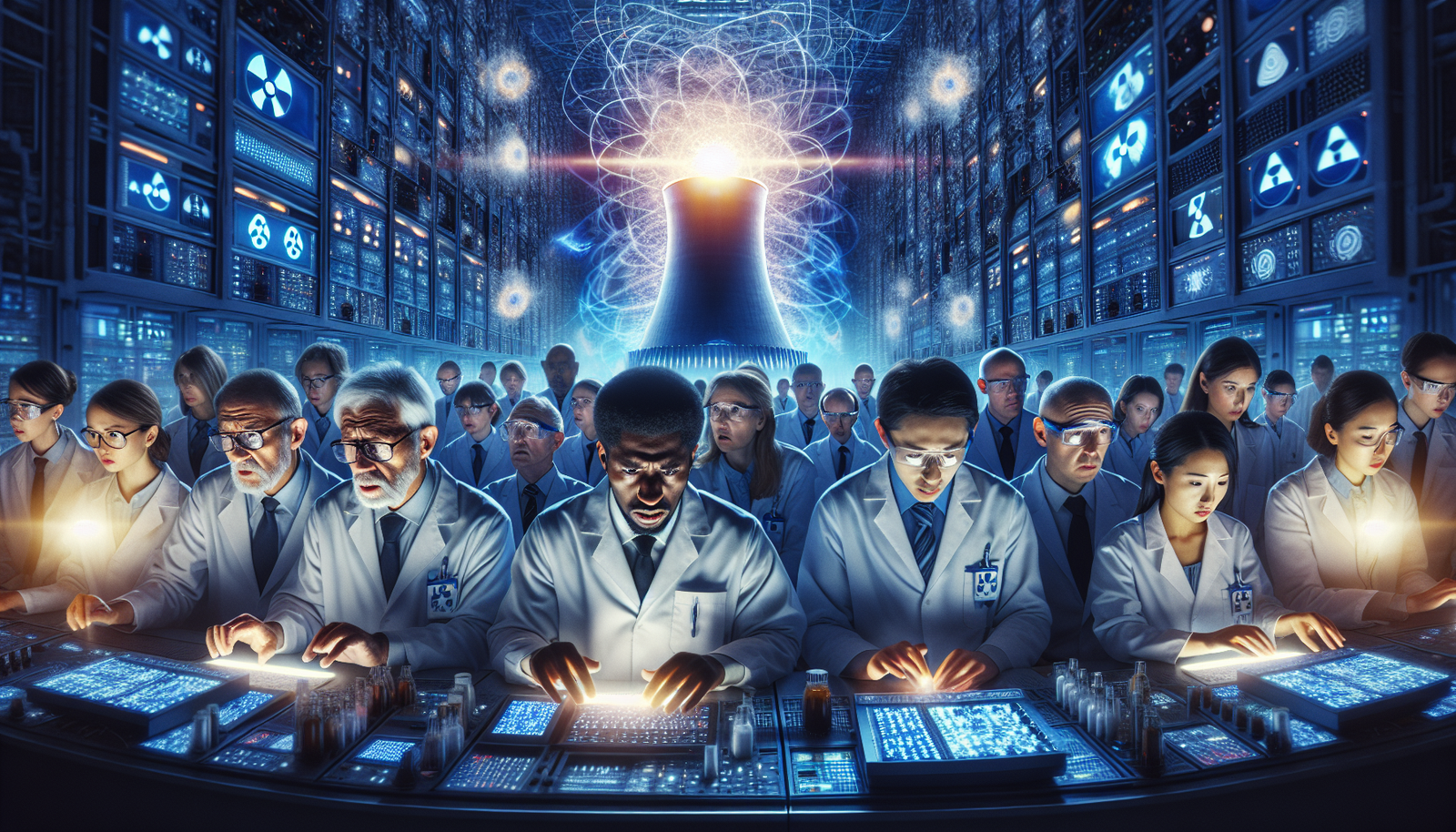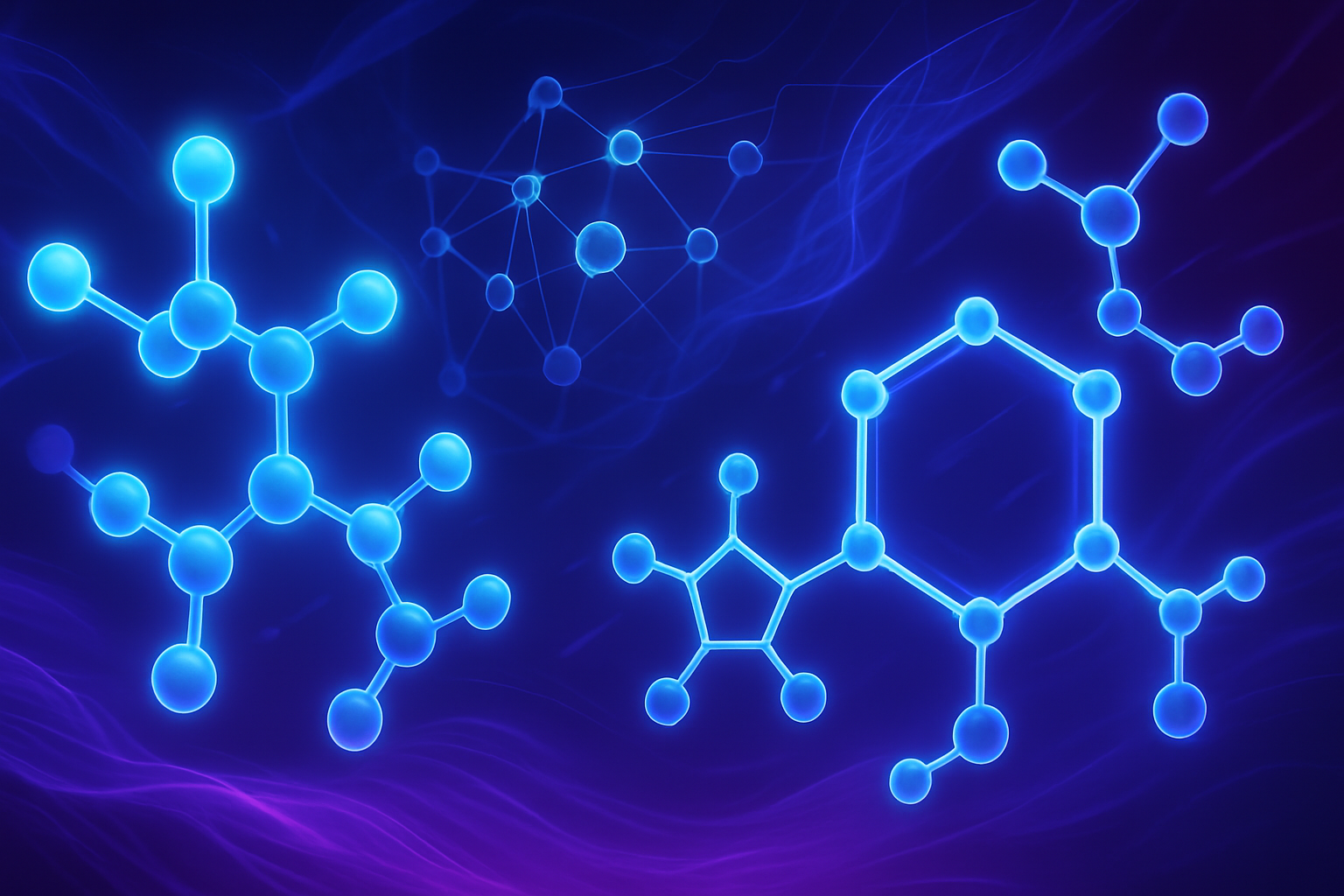The meteoric rise of Artificial Intelligence sparks unlimited hopes as well as a tangible fear of catastrophic drift. _Researchers are tirelessly examining the fascinating prospects and inherent dangers of this technology._ Recent advances have already achieved unimaginable feats, but the question remains: what is the boundary between innovation and devastation? _Could a catastrophe similar to Fukushima become the fate of poorly managed AI?_ The stakes are immense, and the consequences potentially fatal for modern societies.
The impact of artificial intelligence in research
The field of artificial intelligence is experiencing a spectacular evolution, marked by significant advances in scientific research. The recent forum organized by Google DeepMind and the Royal Society in London highlighted the opportunities offered by this technology. For Demis Hassabis, the CEO of Google DeepMind, AI could usher in a “new era of discoveries,” comparable to a scientific Renaissance.
The challenges and risks associated with AI
The risks associated with AI are numerous and concerning. The complexity of recent algorithms does not automatically ensure positive results. Hassabis emphasizes that AI is not a “magic solution”; researchers must address relevant problems, assemble quality data, and design appropriate algorithms. The possibility of a social backlash emerges, with AI potentially exacerbating inequalities and triggering financial crises.
Catastrophic scenarios
Concerns around AI also include scenarios invoking a Fukushima-like catastrophe. Experts like Siddhartha Mukherjee warn of the potential dangers of this poorly controlled technology. Fears range from malicious use of AI to develop biological weapons to the possibility of major data breaches. This raises crucial questions about the responsibility and governance of AI systems.
Optimistic perspectives and innovations
However, promising initiatives demonstrate the transformative potential of AI. In Nairobi, researchers are using AI to perform sound echoes for prenatal examinations, facilitating access to healthcare for pregnant women. Similarly, the company Materiom in London is developing bio-sourced materials through advanced algorithms, which could reduce dependence on petrochemicals.
Advances in the pharmaceutical sector
The contribution of AI in the medical sector is significant. Programs like AlphaFold, which predicts protein structures, demonstrate a future where drug research will be considerably accelerated. Novartis, a Swiss pharmaceutical company, is also using AI to reduce recruitment time for clinical trials, transforming patient onboarding speed.
The ethical and environmental stakes
The ethical implications of AI intertwine with environmental challenges. AI algorithms require a massive amount of energy to operate, raising questions about the sustainability of this technology. Google, while mindful of its energy needs, must also consider the overall environmental impact of its technological practices.
Calls for rigorous regulations
Voices are being raised for strict regulations regarding the development of AI. Asmeret Asefaw Berhe, former director of sciences at the U.S. Department of Energy, criticizes the lack of significant measures in the face of the enormous energy demand of these technologies. A transformational change in how AI is developed and deployed is required to ensure a sustainable future.
Frequently asked questions
What are the main concerns related to AI and disasters similar to Fukushima?
The major concerns include the possibility of creating uncontrollable autonomous systems, the risks of malicious use, and the impact of AI on economic inequality and data security. These issues raise essential ethical, regulatory, and technical questions.
How can AI contribute to scientific discoveries while posing risks?
AI has the potential to transform scientific research by accelerating discoveries in fields such as biology and medicine. However, if not properly directed, it can also lead to unforeseen and even dangerous outcomes, exacerbating crises such as biodiversity loss and climate change.
What could cause a shock similar to the Fukushima disaster due to AI?
A shock of such magnitude could occur if AI were misused to manage critical infrastructure, resulting in catastrophic failures, or if poorly designed algorithms led to harmful environmental consequences, like an industrial accident or a financial crisis.
What would be the researchers’ response to the potential of an AI-type disaster?
Researchers advocate for a proactive approach, strengthening safety standards and regulations to prevent abuse. This includes research on algorithm transparency and the establishment of strict controls to avoid drifts.
How can AI exacerbate social and economic inequalities?
If the benefits of AI are concentrated in the hands of a few companies or individuals, this could lead to increased inequalities. For instance, job automation could leave many workers without resources, exacerbating social fractures.
What efforts can be put in place to ensure the safe use of AI?
To ensure safe use, it is vital to establish strict regulations, encourage responsible research, and include ethicists in the AI development process. Awareness and training programs can also sensitize the public to potential risks.
How can businesses and governments collaborate to reduce AI-related risks?
Effective collaboration means creating public-private partnerships that promote knowledge sharing and the development of clear regulatory frameworks. These efforts should aim to align technological innovations with sustainable development goals and public safety.
What solutions are being considered to address the energy consumption problem of AI systems?
Solutions include investing in renewable energies to power data centers, developing more energy-efficient algorithms, and exploring alternatives such as quantum chips, which could reduce the energy demand of AI systems.
What initiatives are being implemented to assess the environmental impact of AI?
Initiatives such as creating carbon footprints for AI systems or evaluating the life cycles of technologies allow for measuring their environmental impact. Moreover, research on more sustainable approaches is ongoing to minimize their ecological footprint.






